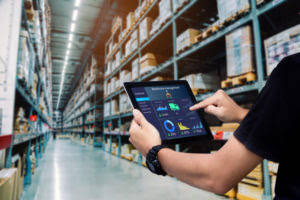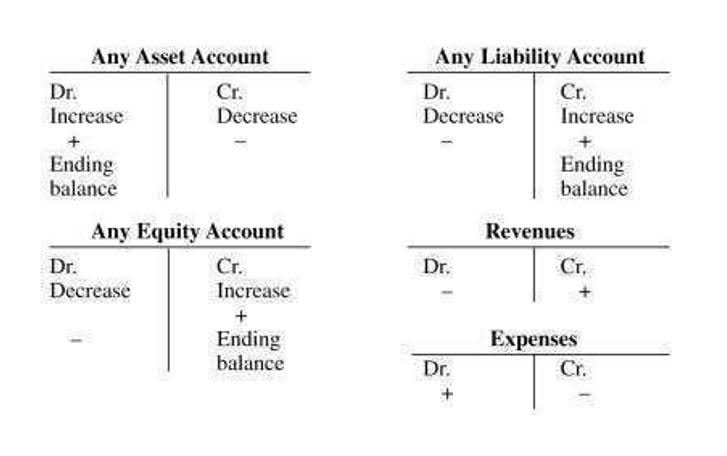
To stay competitive, organizations must embrace innovation, particularly in automating processes using AI-powered cloud-based tools. This shift transforms the role of accounting teams into more strategic functions, involving financial planning and business analysis. As cloud computing advances, the integration of technologies like artificial intelligence, machine learning, blockchain, and the Internet of Things will further propel accounting into a cloud-based future. This ongoing evolution promises increased efficiency, accuracy, and innovation in the accounting landscape. Modern accounting transforms end-to-end processes from data acquisition to verification, emphasizing automation, digitalization, and data-driven methods.
Getting Started And Overcoming Technology Challenges
- However, this time, the move will be marked by a determined effort to overcome the challenges of migrating to cloud environments.
- AI is currently one of the most widely discussed topics, not only in the context of accounting technology trends but also across various industries and fields.
- This enhances the reliability of the audit process, providing greater assurance to stakeholders.
- Artificial intelligence (AI) is revolutionizing accounting practices by automating complex tasks and providing advanced analytical capabilities.
- There are eight major technologies that play a pivotal role in transforming the accounting landscape.
- This architecture enabled greater collaboration and data sharing among accounting teams and improved data security and backup capabilities.
When Dext sees an expense from Google, it will extract the information exactly how I’ve set https://www.magetitans.es/interior-designer-s-guide-to-accounting/ the rules and then automatically push it to my accounting system. OCR works really well when you’re dealing with large amounts of machine-readable structured data, such as sales invoices or bills, that all need to be processed in a similar manner. On the graph below, you’ll see that automation (AutoPush) steadily takes more of the work as time passes (from 0 to 41% in 5 months). Artificial intelligence (AI) is the simulation of intelligence by machines where it can mimic human judgment to help solve specific problems.
- Data analytics tools such as Power BI or Tableau enable you to quickly analyze large amounts of data, leading to deeper insights and better decisions.
- AI-driven software solutions for tax preparation, payroll processing, and financial forecasting are becoming increasingly accessible, leveling the playing field for smaller firms.
- While some firm owners have fully embraced automation, others are still on the fence about this transformation.
- Accounting professionals use AI with data tools to analyze vast amounts of data with precision and speed, a task that once consumed significant human resources and time.
- Continuous auditing, facilitated by blockchain, allows transactions to be verified as they occur, increasing audit efficiency and aligning with the growing demand for transparent and timely financial disclosures.
Enhancing Reporting Accuracy
Accounting technology is an umbrella term for tools, software, and systems used in the accounting profession. These systems support compliance with GAAP standards, facilitate audit readiness, and often include bank-level encryption and role-based access controls for data security. Beyond these practical benefits, cloud-based software can connect with other tools to create systems that simplify workflows and new accounting technology improve accuracy.
Emergence of Computerized Accounting Systems

AI-powered accounting systems are streamlining routine tasks and enhancing accuracy in financial reporting. How to Invoice as a Freelancer Machine learning algorithms now handle data entry, reconciliation and preliminary audit procedures with remarkable precision. This shift allows accountants to focus on strategic advisory roles and complex financial analysis. The integration of natural language processing enables automated report generation and real-time financial insights. Modern accounting requires a blend of technologies, including accounting software, cloud computing, APIs for integration, data analytics tools, and cybersecurity measures.

Credit Risk Management

By addressing these areas, organizations can better prepare for future challenges and opportunities. In the past, accountants struggled when making the transition to more advanced technologies. This was due to a range of factors, including heavy on-premise solutions that were super customized and clunky.
- Accounting professionals must acquire new skills, embrace innovation, and adjust to technological progress to maintain relevance in the digital age.
- The scalability of cloud infrastructure allows firms to adapt quickly to changing business needs and client demands.
- Its impact on every industry is undeniable and it has the potential to significantly boost the global economy.
- This enhances accounting processes over time, contributing to increased efficiency and accounting accuracy.
- Find out what the next leap in the evolution of artificial intelligence is and how it may affect the way accountants do their job.
- Automation and artificial intelligence (AI) are transforming auditing by enhancing efficiency and accuracy.
- By automating routine tasks, Deloitte’s professionals are free to focus on more complex and judgment-intensive tasks and activities.

This capability not only speeds up the audit process but also enhances its precision, ensuring a higher standard of financial reporting and compliance. Cloud-based accounting software is playing an increasingly important role, making financial data accessible from anywhere and enabling teams to collaborate in real time. This flexibility helps firms manage tasks more efficiently and reduces the risk of errors by automating manual processes.